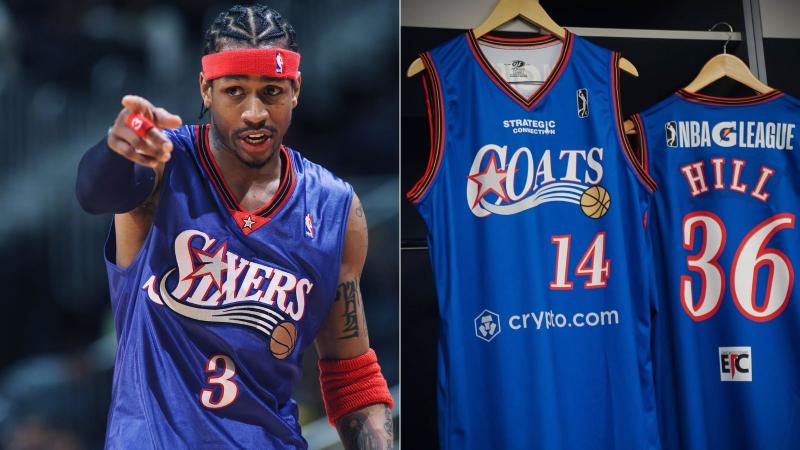Hummel Invites the Community - Hummel 2024 Community Event Recap
- Hummel HQ Tour: Attendees toured Hummel's headquarters in Aarhus, Denmark, seeing showrooms, design spaces, and learning about their "Company Karma" philosophy.
- Hummel's History and Future: The event highlighted Hummel's German origins, its Danish transformation in the 1980s, and its ambitious goal of supplying 10,000 amateur European clubs by 2028.
- Community Engagement: Hummel organized the event to connect with kit and football culture enthusiasts, showcasing future designs and providing unique experiences, such as a dinner with reimagined stadium classics and a visit to the Danish national team's stadium.
Last week we were invited by the legendary Danish brand Hummel, along with other members of the kit and wider football culture community.
On Thursday we flew to Billund, Denmark, the home town of Lego, before traveling on Aarhus, a coastal city in northern Denmark where Hummel's headquarters are located.
Hummel's headquarters are located right on the harbor in Aarhus, with a stunning view of the sea. The lower level houses various showrooms and meeting areas, as well as the large canteen. The upper floors house the offices of Hummel's design and marketing staff. It's an impressive space where you are immediately greeted by a large Bhudda statue, which celebrates Hummel's 'Company Karma' philosophy, but more on that later.
At Hummel HQ, we toured the various showrooms, including one for Halo, the Danish brand that Hummel acquired in 2020 and collaborated with for the Denmark special edition kit. We also explored the huge collection of football jerseys on display, including some unreleased designs. Upstairs, we got a sneak peek at some of the fabric innovations that Hummel is currently working on, which we are unlikely to see on the market before the 2026-27 season.
Later, we listened to talks from various key figures at the brand, who explained the history and future plans of Hummel.
While Hummel is known today as a Danish brand, it was actually founded in Germany in 1923 as "Messmer & Co" and only became Danish in the 1980s when the company changed ownership. During those years, Hummel also famously sponsored the Danish national team and Real Madrid from 1986 to 1994.
As for future plans, one thing was mentioned repeatedly was Hummel’s 2028 goal of supplying 10k amateur clubs across Europe. It’s an ambitious target for Hummel, which currently has 3k such teams under contract, but the brand recently overtook Nike to become the largest teamsports brand in the Spanish market.
And while some of you might know this already, we also learned that kits are always designed many months prior to being launched. The overall process takes between 12 and 15 months and curiously, the design phase is just 2-3 months while the rest is taken up by sorting out materials, production details and so on.
We were also shown some future designs that will hit the market in the coming months and weeks that we will also cover here on Footy Headlines of course.
The day was capped off with a unique dinner at Hummel’s cantina where we were treated to several courses of reimagined stadium classics.
On Friday morning we traveled to Copenhagen for the second day of the event. We visited the Unisport and Halo stores in the city center for a quick tour. We then continued our bus ride to Christiania, which is a self-governing community in Copenhagen that started in 1971 as a squatted military base. It’s home to Christiania Sports Club, which Hummel has been working with for many years.
There we learned more about this special place and its history as well as heard talks from Hummel CEO Lars Stentebjerg, Hummel owner Christian Stadil, and Sunderland CBO David Bruce.
We learned more about Hummel’s more recent history and how it ended up in the place it is today. Stadil, who is a buddhist, is also behind Hummel’s Company Karma philosophy, which has been expressed in a variety of ways over the years and also helps explain Hummel treating the football shirt community to such a cool event.
The highlight of this memorable trip was a visit to Parken Stadium, home of the Danish national team, where we watched the Nations League match between Denmark and Spain. We visited Hummel's own VIP box, where Thomas Gravesen talked about his career and association with the brand, and had some of the best seats in the house for what turned out to be an excellent match.
All in all, it was a very enjoyable experience that was organized with great care and everyone there enjoyed it very much. Hummel has big plans and will be an interesting brand to watch over the coming months and years.




































